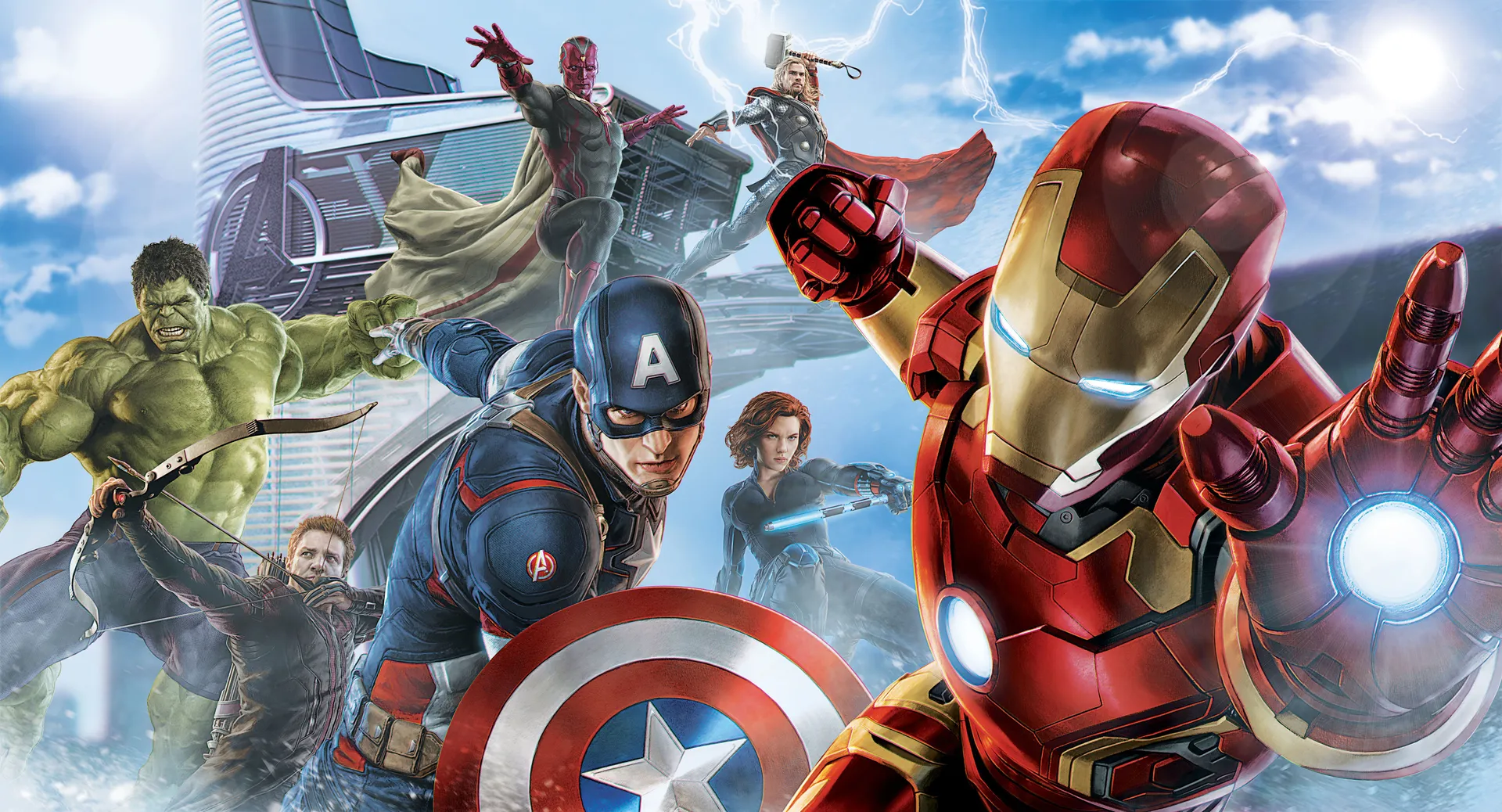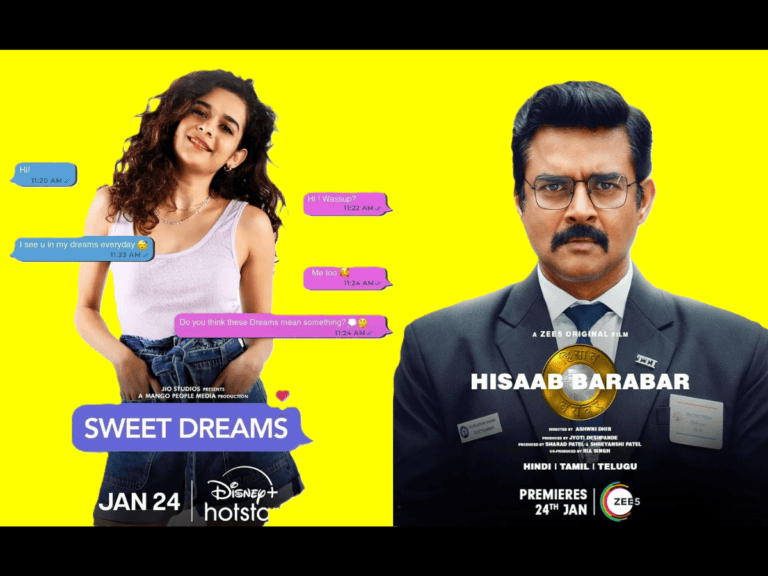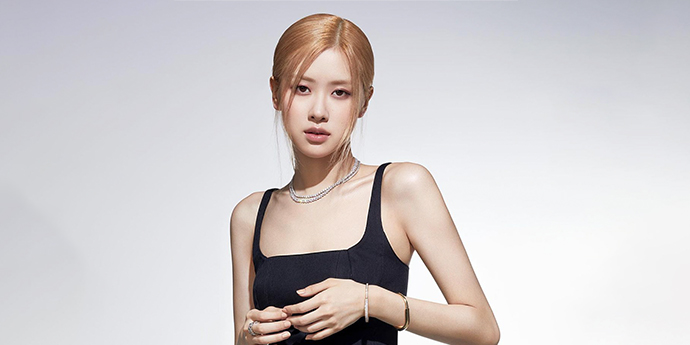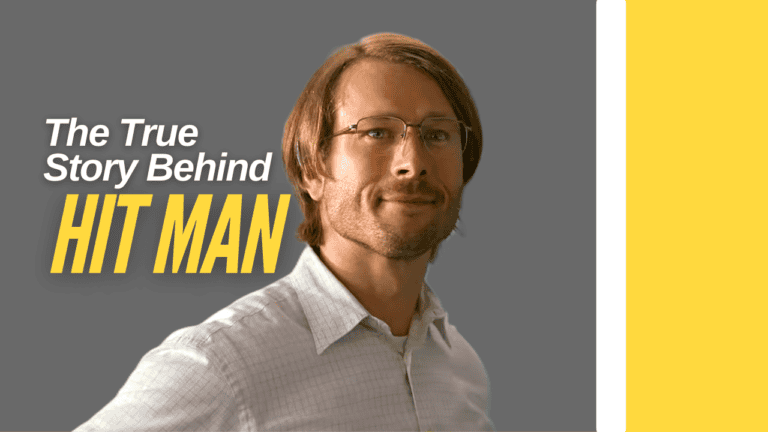Embarking on a cinematic odyssey like no other, the Marvel Cinematic Universe (MCU) has reshaped the landscape of modern filmmaking and storytelling. From the trailblazing release of ‘Iron Man’ in 2008, this increasingly interconnected web of tales has not only introduced a pantheon of heroes and villains but also engineered an entirely new way for stories to be told across multiple platforms.
With visionary leaders such as Kevin Feige at the helm, this essay dives deep into the origins, characters, and arcs that define the MCU’s remarkable journey. Along the way, we will explore how the careful crafting of each character and storyline harmonizes into a symphony of cinematic magic, captivating audiences worldwide and leaving an indelible mark on popular culture.
The Origins and Evolution of the Marvel Cinematic Universe
The Assembled Universe: The Marvel Cinematic Universe Origin Story
It’s hard to stroll through any corner of pop culture today without bumping into the Marvel Cinematic Universe (MCU). A titan of storytelling and visual spectacle, but how did this colossal franchise launch into existence? Let’s dive in!
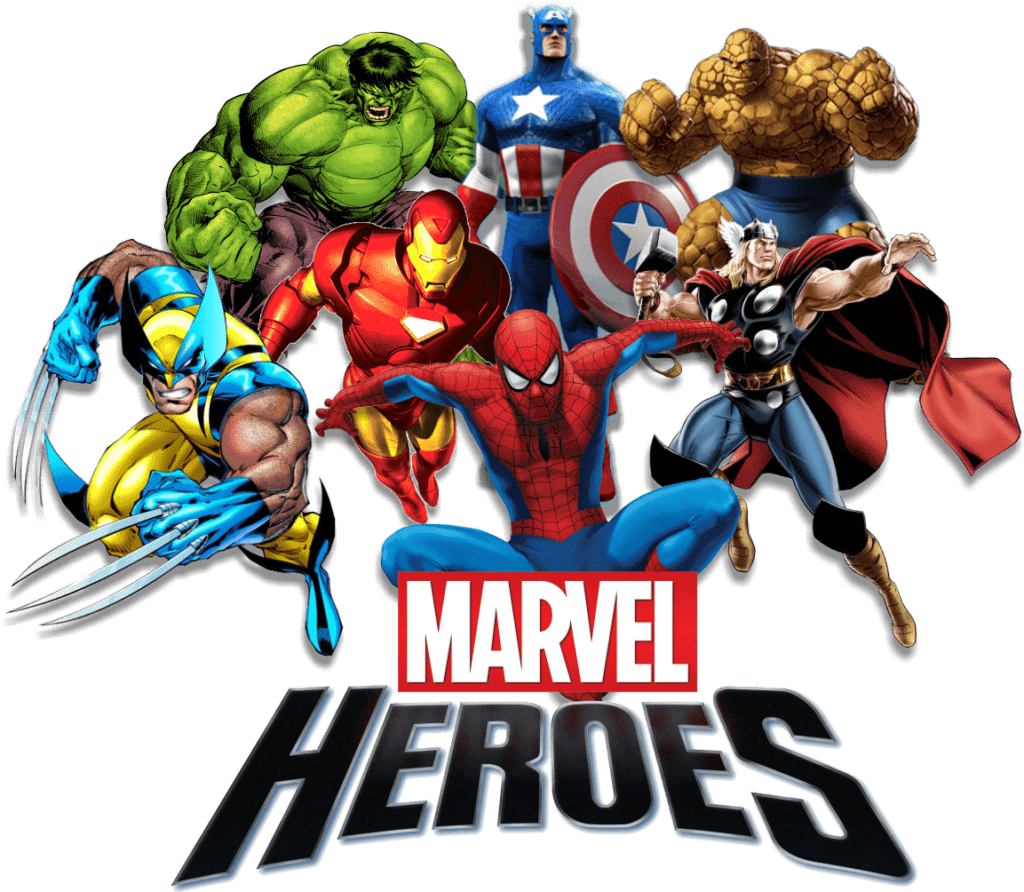
The roots of the MCU can be traced back to the early 2000s when Marvel Comics, after reeling from financial difficulties and having sold off the film rights to many of its iconic characters, decided to launch its own studio. The goal was ambitious and risky: create a shared universe of interlinked stories to mimic the sprawling narrative of their comic books. This vision would eventually revolutionize Hollywood’s approach to blockbuster franchises.
Marvel Studios, under the guidance of film producer Kevin Feige, who had a profound understanding and love for the Marvel lore, led the charge. The linchpin of this grand scheme was the introduction of Iron Man in 2008. A casting coup with Robert Downey Jr. infused life into the character of Tony Stark, synergizing perfectly with director Jon Favreau’s vision for the film. It became the foundation upon which the MCU was built.
The secret sauce to the MCU’s inception wasn’t just in the individual hero’s tale but in the post-credit scenes. These snippets at the end of each film hinted at a larger, interconnected universe, starting with Nick Fury’s iconic appearance in the first Iron Man film, introducing the “Avenger Initiative.” This teasing strategy hooked audiences and built anticipation for something much bigger.
The MCU built its first phase brick by brick, with movies like The Incredible Hulk, Thor, and Captain America: The First Avenger, which introduced the core Avengers team. The movies were tied together not just by post-credit scenes, but also by recurring elements like S.H.I.E.L.D., the presence of Samuel L. Jackson’s Nick Fury, and brilliant Easter eggs that excited comic book fans.
In 2012, the individual movies culminated in the release of The Avengers, a juggernaut success that was a high-stakes gamble. It paid off, bringing together disparate heroes against a common foe, something never before attempted or accomplished on such a massive scale in cinema. It was a testament to the intricate planning, scriptwriting, and character development that Marvel had painstakingly put in.
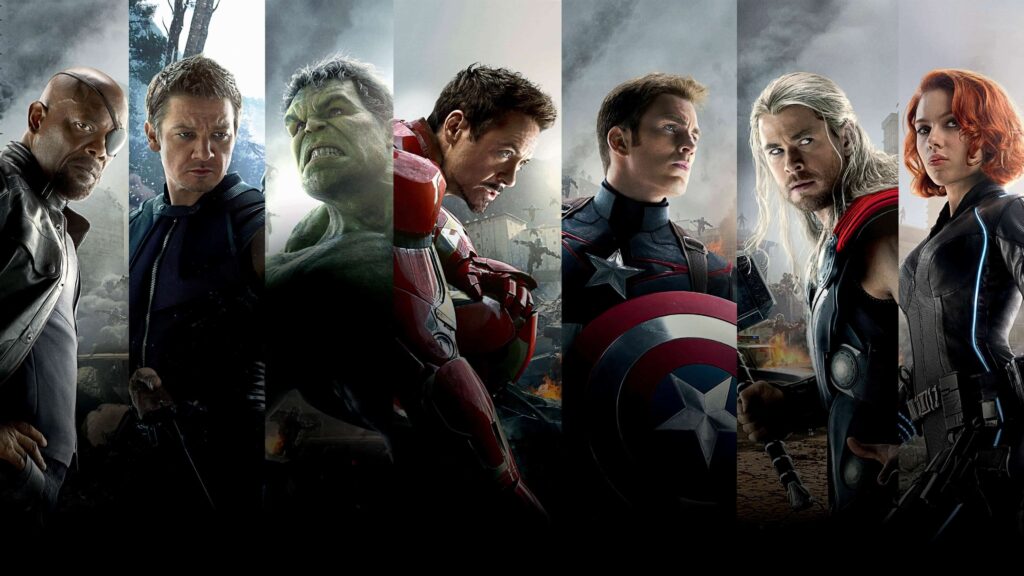
Following this, the MCU transitioned into its subsequent phases with increasing complexity and ambition, introducing the cosmic realm with Guardians of the Galaxy, the microscopic world with Ant-Man, and breaking superhero norms with films like Black Panther and Captain Marvel. The MCU has shown no signs of slowing down, with constant expansion into new narratives and characters, both on the silver screen and through streaming platforms like Disney+.
Foresight, adept storytelling, and an unwavering commitment to continuity allowed Marvel to transition from a comic book publisher to a behemoth in cinematic history. As it continues to evolve and expand, the MCU stands as a powerhouse of entertainment, stemming from a simple yet groundbreaking idea to interconnect stories as a shared experience. And what an exhilarating ride it has been from ink on paper to the big screen lore, flying high in a universe that has become, quite decidedly, its own marvel.
Stand-out Characters and Performances
The Marvel Cinematic Universe’s Most Charismatic Champions
As the Marvel Cinematic Universe continues to unfurl its diverse tapestry of heroes and villains, a handful of characters have bolted to the forefront, seizing our hearts and imaginations with their unique blend of charisma, complexity, and courage. These icons have not just merely entertained; they’ve left an indelible mark on pop culture and etched themselves into the annals of cinematic history.
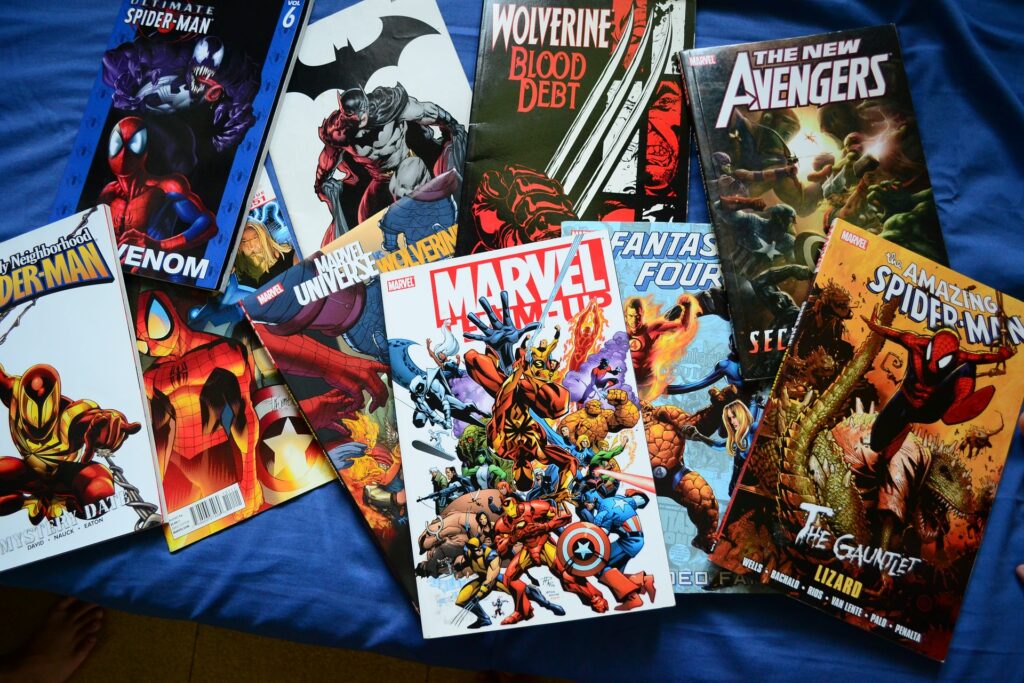
First on the list is the Sorcerer Supreme himself, Doctor Stephen Strange. What distinguishes Strange isn’t just his mastery of the mystic arts but his transformative journey from egotistical surgeon to selfless protector. His wit, combined with his willingness to confront the impossible and manipulate time and space, keeps audiences on the edge of their seats, eager to witness his next awe-inspiring exploit.
Equally captivating is Black Panther’s King T’Challa, the sovereign of the secretive nation of Wakanda. His introduction to the MCU opened our eyes to an entirely new and rich mythology. T’Challa straddles the responsibilities of a king and a superhero with a grace that resonates with viewers. The thoughtful representation of African culture, through his character, has made him an icon of diversity and a symbol of pride for many.
Let’s not forget the mercurial charm of Loki, the god of mischief. As Thor’s adoptive brother, Loki’s turbulent relationship with trust, power, and identity has painted him as both an antagonist and antihero. His cunning, vulnerability, and charismatic antics propelled him to fan-favorite status, earning him his own show on Disney+.
Speaking of Thor, the God of Thunder himself has undergone one of the most intriguing evolutions within the MCU. From a headstrong heir to the throne of Asgard to a humble hero grappling with loss, Thor’s arc is a study of growth, humor, and humanity. His cosmic exploits and grounded humor have solidified him as a centerpiece of the MCU ensemble.
Another standout is Spider-Man, the friendly neighborhood superhero whose schoolboy innocence and relatable struggles with adolescence shine amidst a world of gods and soldiers. His everyman appeal and unyielding sense of responsibility underpin an unshakable optimism that inspires young and old alike.
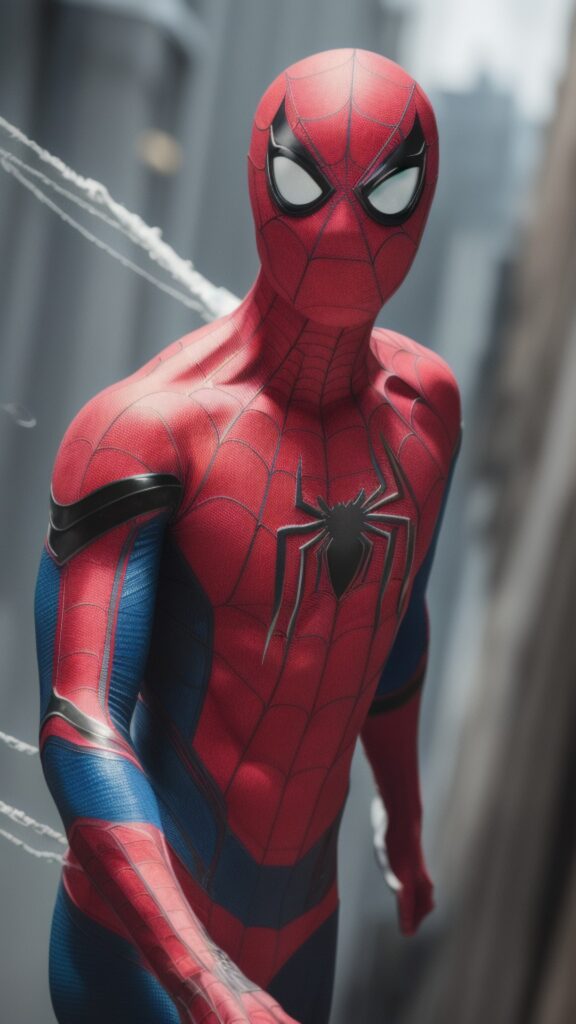
Amongst the Guardians of the Galaxy, Rocket, a genetically engineered raccoon with an attitude, unexpectedly steals the show. His tough exterior hides a wounded spirit resulting in a character complexity that sits poignantly alongside his laugh-out-loud one-liners and penchant for heavy weaponry.
Last but certainly not least, Natasha Romanoff aka Black Widow spins a web of intrigue as a former KGB assassin turned S.H.I.E.L.D. operative. Her intricate backstory and lethal combat skills juxtapose her sacrifice and the humanity she fights to preserve. She’s a tour de force of strength and stealth, proving that heroes aren’t born – they’re made.
While the MCU brims with an ensemble of memorable players, these characters stand out because they not only captivate but grow and resonate within us. As the MCU forges ahead, it’s these larger-than-life figures, with their profound vulnerabilities and indomitable spirits, that will continue to capture the awe of millions and leave fans clamoring for the next chapter in their extraordinary adventures.
Major Story Arcs and Their Impact
Diving right into the Marvel Cinematic Universe’s (MCU) intricate web of narratives, one can’t help but marvel over the pivotal story arcs that have emerged as the bedrock of this legendary franchise. Each thread intricately woven into this tapestry adds vibrancy and depth, contributing to the overarching saga.
Let’s grab our Cloak of Levitation and whisk through the transformative tale of Doctor Strange. Starting as a brilliant yet arrogant surgeon, Stephen Strange’s hands are shattered, his ego bruised, and his journey into the mystic arts begins. Strange’s evolution is pivotal as it opens up a kaleidoscope of possibilities within the MCU, introducing dimensions and multiversal concepts, elevating the universe beyond mere physical battles.
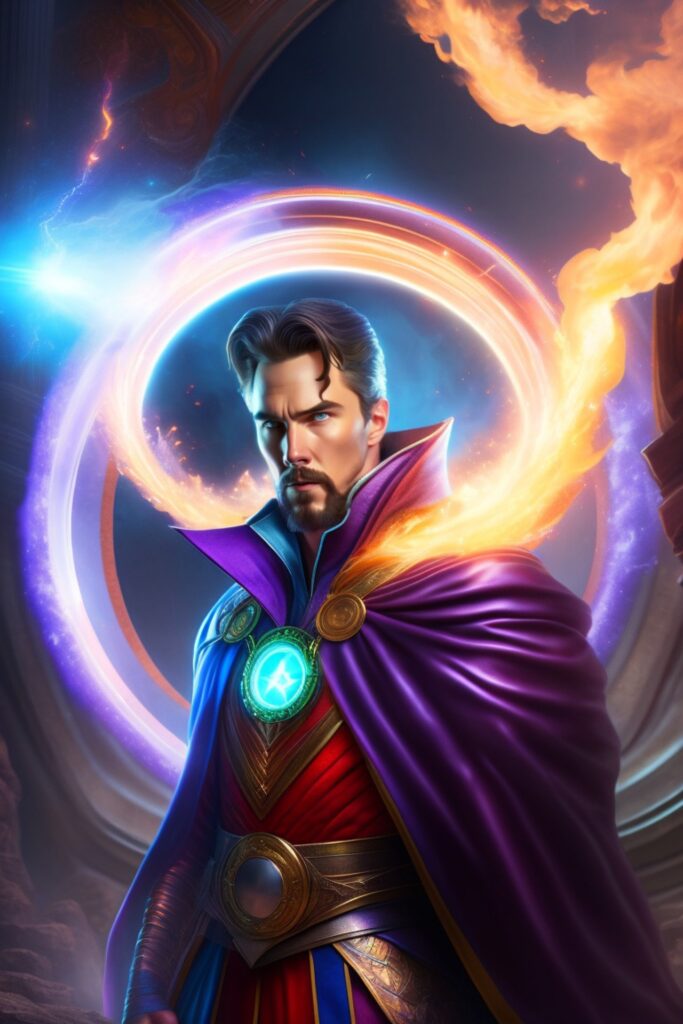
Zooming over to Wakanda, Black Panther celebrates not just a superhero but an entire culture. T’Challa, the embodiment of royalty and responsibility, graced the screen with elegance. The portrayal of African culture in the MCU was a watershed moment, celebrating diversity and strength. Wakanda forever altered the geopolitical landscape of the MCU, demonstrating the power of unity and heritage in shaping a more inclusive universe.
A hop, skip, and a teleport later, we land in the chaotic life of the god of mischief, Loki. His arc is delightfully complicated, consistently blurring the lines between villain and antihero. Rooting for him feels natural, as he grapples with the concept of trust and self-identity, making the audience invest in his search for purpose. His continuous dance on the edge of loyalty impacts the core Avengers, influencing their personal journeys significantly.
Of course, the universe isn’t solely about mischief when one has the might of Thor. This Asgardian prince charmed his way through the cosmos with a hammer and hearty laughs. From a headstrong warrior to a hero bearing the weight of loss and reinvention, Thor’s arc brings levity and a sense of wonder to the cosmic theater of the MCU, inviting us to believe in the power of resilience and rebirth.
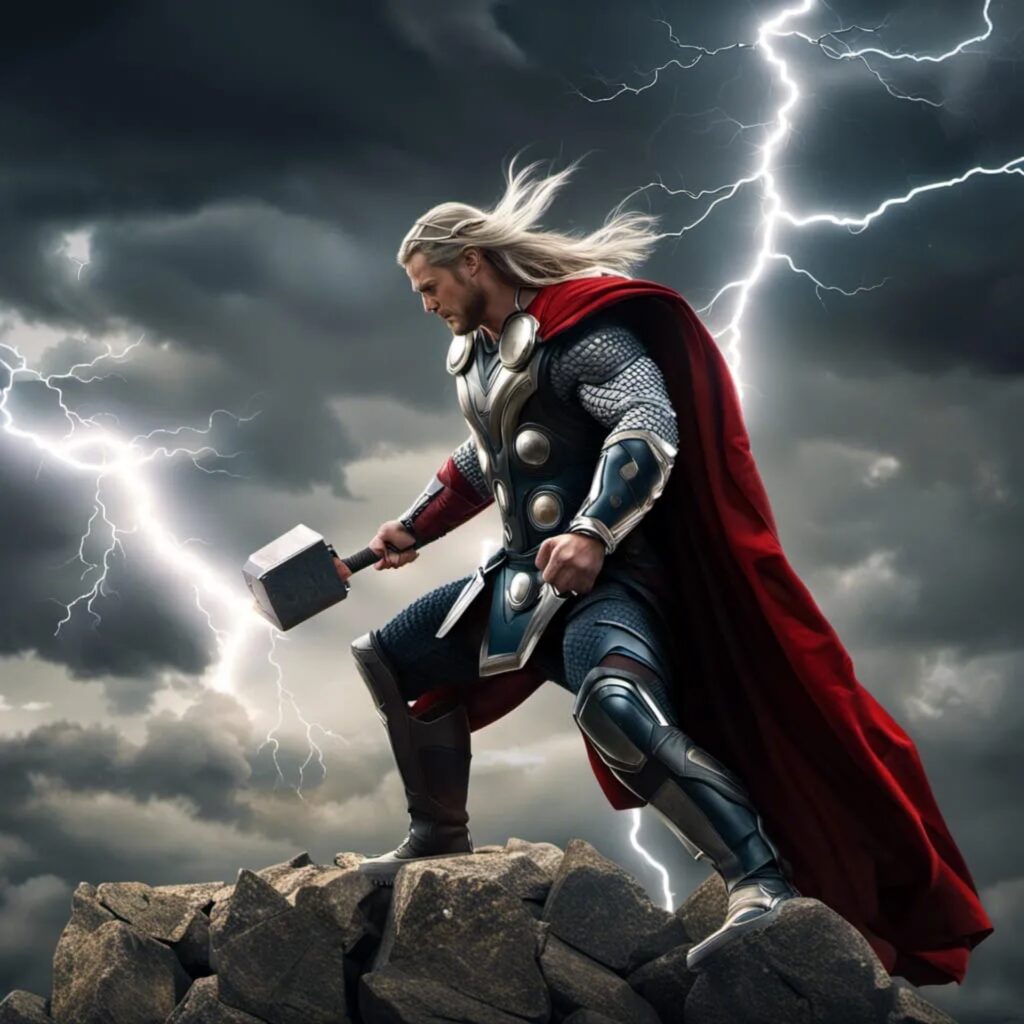
Swinging down to the streets of New York, Spider-Man presents the quintessential story of youth stepping up to greatness. Peter Parker’s balancing act between a teenage life and superhero responsibilities makes him one of the most relatable characters. His struggle with adolescence is intertwined with profound lessons about power and maturity, impacting the MCU by reminding us of the everyday heroes among us.
Not to be outdone, Rocket brings an element of the unexpected to the MCU as a walking, talking, tech-savvy raccoon with a penchant for sarcasm. Behind his snarky quips lies a wounded heart, making his search for family and acceptance a compelling storyline that resonates deeply with fans.
Lastly, let’s not overlook the red ledger of Black Widow, Natasha Romanoff. Skilled in espionage and combat, Natasha’s intricate backstory wraps around the MCU’s history, pulling at threads that bind the characters together. Her sacrifices set a precedent for heroism that isn’t flashy but fundamentally human, underscoring the narrative of personal redemption.
All these characters encapsulate the intricate human (and sometimes non-human) experiences, knitting a spellbinding universe that is as vast as it is intimate. Each growth, twist, and heartfelt revelation has meticulously shaped the MCU, reflecting back a saga where every character, every arc, and every throw of a hammer or a magical spell takes us all on an unforgettable adventure across time, space, and identity.
In the end, these arcs don’t just craft a storyline; they construct the backbone of a cultural phenomenon that continues to influence and inspire. The grandeur of the MCU lies in this shared experience, a space where fans can see fragments of themselves in heroes who grapple with greatness and failure, love and loss, destiny, and choice. The stories reverberate, echoing far beyond the silver screen – a testament to a universe that truly unites us all in anticipation of wonders yet to unfold.
The Cultural Significance of the MCU
Beyond Heroes: The Cultural Renaissance of the Marvel Cinematic Universe (MCU)
There’s something unequivocally monumental about the Marvel Cinematic Universe that stretches beyond the bounds of the silver screen. Starting simply as a collection of superhero flicks, it has become a revolutionary force in modern pop culture. It’s shaped how stories are told, influenced fashion, and even affected language—words like “Thanos” or “Wakanda” now evoke universal connotations.
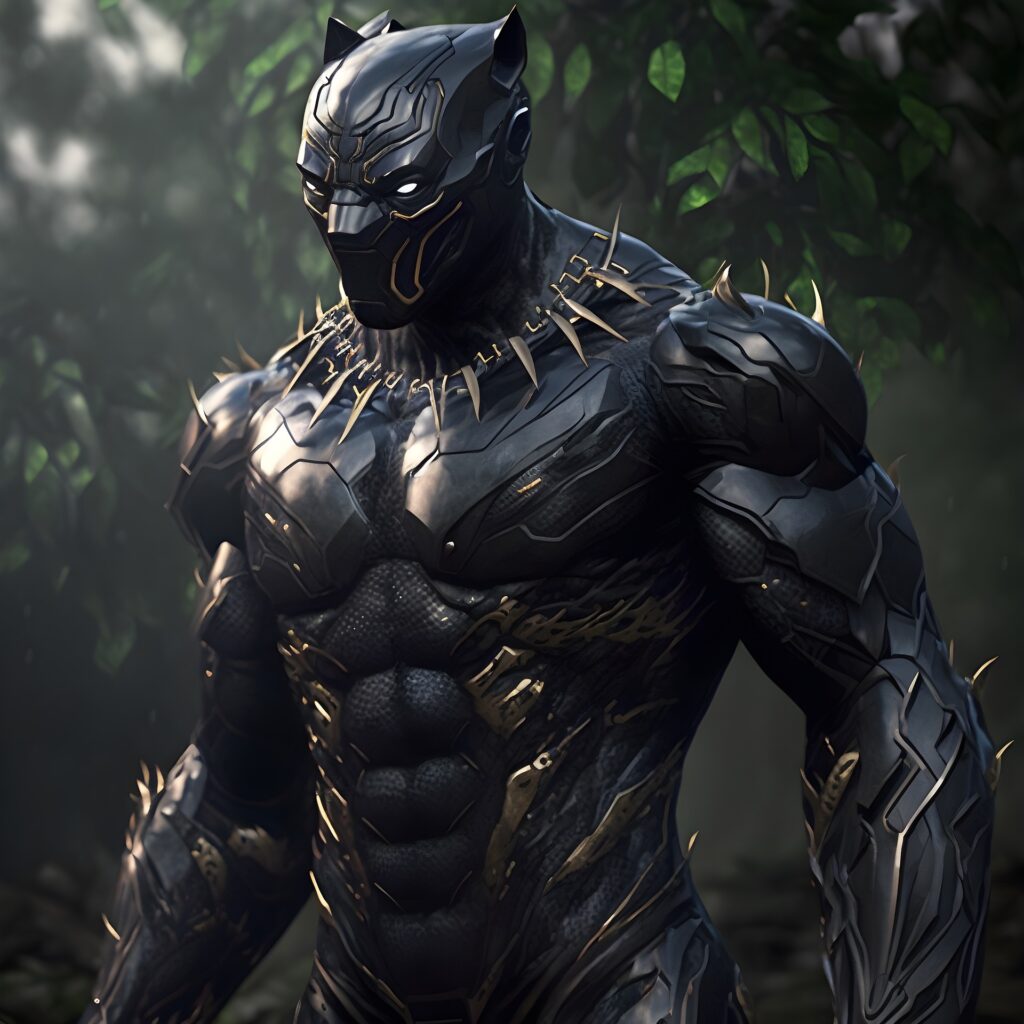
First off, let’s talk merchandise and fashion. Walking down any city block, it’s impossible not to spot merchandise emblazoned with heroic insignias or catchphrases. From clothing lines to high-end fashion runways, the influence of the MCU’s aesthetic is clear. Costumes and wardrobes from the films are now iconic, influencing both Halloween and everyday attire, solidifying superheroes as a sartorial choice.
Then there’s the pop culture vernacular — “I am Iron Man,” “Wakanda forever,” and “We’re in the endgame now” have become more than just movie lines; they are cultural catchphrases. The MCU has contributed new terms to the lexicon, many of which have permeated into everyday conversation and internet memes, symbolizing both shared knowledge and extensive cultural reach.
From a thematic perspective, the MCU has amplified the discussion around inclusivity and representation in film. With movies like “Black Panther” and “Captain Marvel,” the narrative around who gets to be a hero widened significantly. The box office success of these films reflects a changing tide — audiences crave diversity in their heroes and will support movies that showcase it.
The MCU’s storytelling methods have also left their mark on the entertainment industry, changing expectations for film and television narrative composition. The model of interwoven story arcs across multiple movies and series isn’t just a Marvel thing anymore—other franchises are adopting similar approaches, aspiring to emulate the connective storytelling and long-term payoff of the MCU.
Cinematic viewing habits have been influenced too. Moviegoers now routinely wait out the credits in anticipation of a sneak peek at what’s next, thanks to those memorable post-credit scenes. This trend speaks to a transformed audience behavior, infusing even the post-movie moments with excitement and conversation.
Social media’s role in the MCU phenomena can’t be understated either. Platforms like Twitter and Instagram have become virtual spaces for fan theories, artistic tributes, and actor interactions. This has fostered a vibrant community culture, with the MCU often trending and initiating conversations across the globe.
Subsequently, the pervasive reach of the MCU has also expanded into the theme park industry. Attractions and areas dedicated to the Marvel Universe now promise an immersive experience – a testament to the demand for physical spaces to celebrate and interact with these stories and characters.
Finally, the cultural footprint of the MCU is evident in its influence on a new generation of creatives. Filmmakers, writers, and artists cite Marvel’s stories as inspiration – its themes, characters, and visions resonating through the corridors of future storytelling.
In highlighting the MCU’s significance, it’s clear that its tendrils extend far beyond the domain of comic book adaptations—it’s a tapestry woven through the very core of our current cultural zeitgeist. Marvel’s creation isn’t just a collection of films; it is an enduring narrative that continues to shape, inspire, and redefine modern pop culture.
Conclusion
The Marvel Cinematic Universe stands as a testament to the power of collective storytelling and its ability to resonate with a global audience. Through its intricate narrative webs and iconic characterizations, the MCU does more than entertain; it speaks to the heart of our societal values and challenges, all while fostering a dynamic community of fans who celebrate every triumph and mourn every loss as if it were their own. As we look to the horizon where new heroes will emerge and fresh adventures will unfold, the MCU reassures us that the stories we share and the characters we cherish can indeed become a unifying force across borders, cultures, and generations.
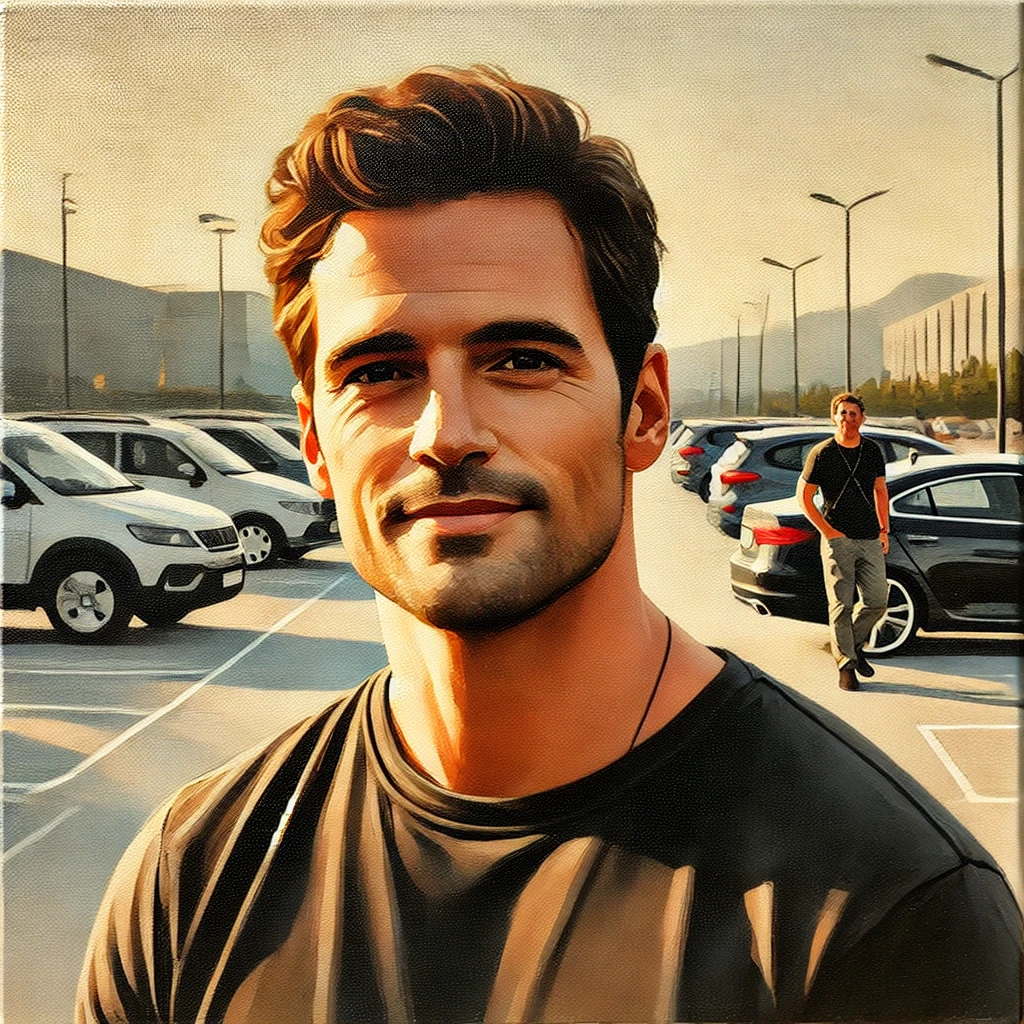
Hi, I’m Nathan Cross, a writer and avid reader who loves crafting articles for newspapers and online platforms. Words are my passion, whether I’m telling stories, sharing insights, or sparking conversations. When I’m not writing, you’ll find me lost in a book or out on the baseball field, enjoying the game that keeps me grounded. Writing, reading, and baseball—these are the things that define me.

